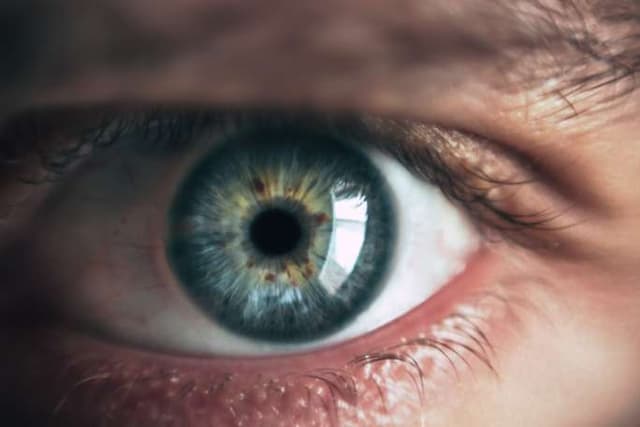
IPCC - Imagining our Climate Future (Science Assessment task)
Lesson14 of 15 in this unit
PrimarySecondaryYear 5 - 8ScienceEnvironmentalClimate ChangeEnergyEconomicDesign ThinkingIndustry, Innovation and Infrastructure
Summary
Lesson Guides and Printables
Lesson Plan

Student Worksheet

Teacher Content Info
